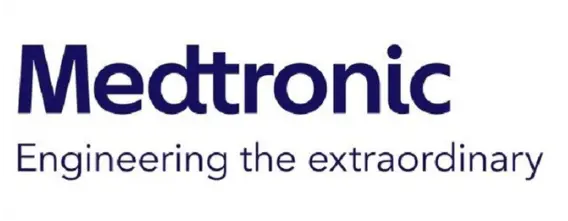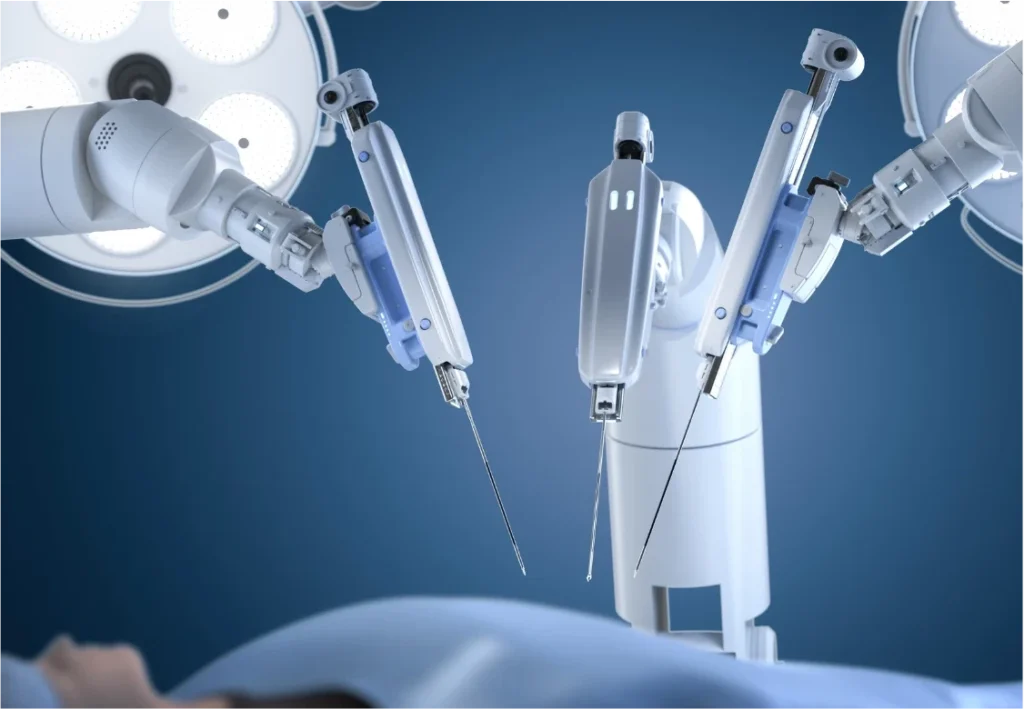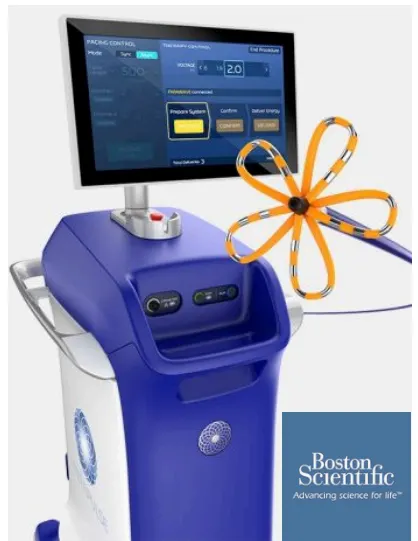EMA INTRODUCES REGULAR SCIENTIFIC ADVICE PROCESS FOR HIGH-RISK MEDICAL DEVICES
On January 17, 2025, the European Medicines Agency (EMA) published a guide to help manufacturers request advice from Expert Panels on clinical investigations and development strategies for high-risk medical devices. This procedure, designed for Class III

and Class IIb active devices, offers manufacturers the opportunity to consult expert panels at different stages of the clinical development process. The guidance includes detailed instructions for submitting requests through a dedicated portal, providing manufacturers with crucial support to ensure safety and effectiveness. The process aims to foster innovation and expedite patient access to high-quality medical devices. More details are available on the EMA website
IMDRF RELEASES GUIDELINES FOR GOOD MACHINE LEARNING PRACTICE IN MEDICAL DEVICE DEVELOPMENT

The IMDRF Good Machine Learning Practice for Medical Device Development: Guiding Principles (IMDRF/AIML WG/N88 FINAL: 2025) offers a comprehensive framework to ensure the safe and effective use of AI and machine learning (ML) in medical devices. This document, developed by the Artificial Intelligence/Machine Learning-enabled Working Group outlines 10 guiding principles aimed at promoting robust AI integration across the entire productlifecycle.
Key areas include the use of high-quality, representative data, sound software engineering practices, and ongoing post-market monitoring. The principles emphasize transparency, risk management, and collaboration, calling for international harmonization and the development of consensus standards to address the evolving landscape of AI in healthcare. These guidelines are designed to balance innovation with patient safety, helping manufacturers create reliableandtrustworthyAI-poweredmedical solutions.
MDCG UPDATES EMDN GUIDELINES WITH NEW SUMMARY AND REVISED UPDATE PROCEDURES
In January 2025, the Medical Device
Coordination Group (MDCG) endorsed two
key documents on the European Medical
Device Nomenclature (EMDN). MDCG
2025-2 provides a summary of 2024 EMDN
submissions and the outcome of its

annual revision. Additionally, MDCG 2024-2 rev.1 updates the procedures for EMDN modifications, detailing the annual review cycle and expedited update process involving competent authorities, notified
bodies, and technical experts. These updates reinforce regulatory transparency and efficiency in the evolving EU medical device landscape.
MEDTRONIC GAINS FDA APPROVAL FOR WORLD’S FIRST ADAPTIVE DBS SYSTEM FOR PARKINSON’S


Medtronic has secured U.S. FDA approval for the Percept™ RC DBS system, the world’s first adaptive deep brain stimulation (aDBS) system for Parkinson’s disease. Unlike traditional DBS, this system adjusts stimulation in real-time based on patient-specific brain activity, enhancing treatment efficacy and reducing side effects.
The system uses BrainSense™ technology to continuously monitor brain signals, allowing for personalized therapy. This breakthrough in neuromodulation aims to improve symptom management for Parkinson’s patients. Medtronic’s latest innovation underscores its leadership in neurotechnology and commitment to advancing patient-centric, AI-driven therapies.
PHILIPS ACHIEVES EU MDR CERTIFICATION FOR CUTTING-EDGE IMAGING SOLUTION
Philips has received the EU MDR certificate for its advanced imaging solution, ensuring compliance with the stringent European Medical Device Regulation (MDR 2017/745). The certification covers cutting-edge imaging technologies that support precise diagnosis and treatment planning across multiple clinical applications. Achieving MDR

compliance is a key milestone, reinforcing Philips’ commitment to regulatory excellence and patient safety. This certification enables continued EU market access and strengthens Philips’ position as a leader in AI-powered and patient-focused imaging solutions. The company remains focused on driving innovation and compliance in medical imaging.
HEALTH CANADA ISSUES PRE-MARKET GUIDANCE FOR AI/ML-ENABLED MEDICAL DEVICES
Health Canada has published new pre-market guidance for machine learning-enabled medical devices (MLMDs), outlining regulatory expectations for safety, efficacy, and transparency. The document provides a structured approach to MLMD classification, validation, and

adaptive learning capabilities, ensuring robust performance across clinical use cases. It emphasises good machine learning practices (GMLP), data integrity, and change management strategies to maintain device safety. This initiative aligns with global efforts to standardise AI/ML-driven medical technologies while ensuring patient safety and innovation. Stakeholders are encouraged to review and align with the new regulatory framework.
BOSTON SCIENTIFIC EXPANDS PFA INNOVATION WITH CEMARK FOR FARAPULSE AND FIRST CASES WITH FARAFLEX
Boston Scientific has received CE Mark approval for its next-generation Farapulse™ catheter and software, enhancing pulsed field ablation (PFA) for atrial fibrillation (AF) treatment. The upgraded system improves cardiac mapping and procedural efficiency, marking a significant step in electrophysiology. Additionally, the company successfully performed first clinical cases using the

Faraflex™ catheter, a new PFA device designed for greater precision and maneuverability. These milestones reinforce Boston Scientific’s leadership in advancing safer, more effective AF treatment solutions.
URGENT DEVICE RECALLS BY USFDA: KEY ALERTS FOR PATIENT SAFETY

The FDA has issued multiple critical medical device recalls, emphasizing the need for vigilance in
healthcare:
- Medtronic Becker & Exacta Systems: Cracks or leaks in stopcocks compromise pressure
- monitoring (Feb 2018–Nov 2022). Baxter Life2000 Ventilators: Faulty battery chargers trigger alarms, making devices inoperable (Jan 2016–Oct 2022).
- Medline Arterial Catheters: Recalled due to excess material at the hub that may detach
- JMC5A Ni/TruAire-5 Oxygen Concentrators: Fire risk reported, posing burn hazards (May 2021–Sept 2022).
NOTIFICATIONS
RAPS Euro Convergence 2025: Europe’s Premier Regulatory Affairs Event
RAPS Euro Convergence 2025 will take place on 13-16 May, with preconference workshops on 13 May. This leading event brings together regulatory professionals, industry leaders, and policymakers to discuss the latest trends in EU MDR, IVDR, and global regulations.
Blog: Japan’s Post-Market Surveillance Requirements for Medical Devices
Alceon Medtech Consulting outlines Japan’s PMS regulations under the PMD Act, covering adverse event reporting, safety updates, and real-world monitoring. Manufacturers must implement robust PMS systems to ensure compliance and device safety.

